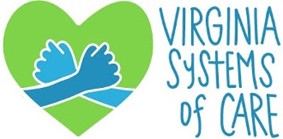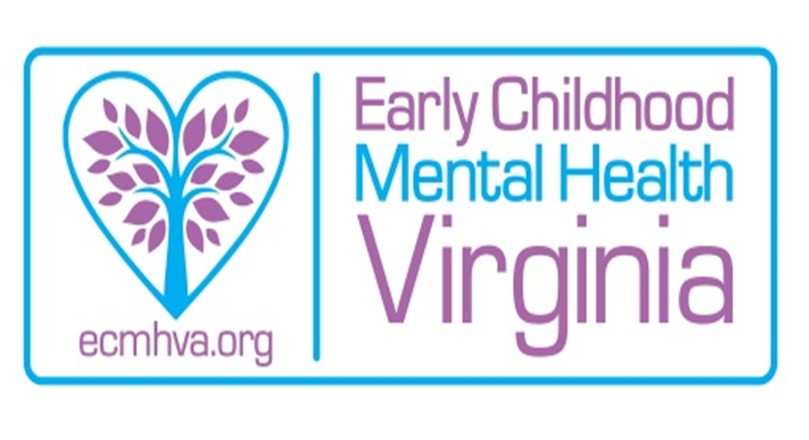For Providers
There are currently many initiatives in Virginia that support children’s mental health. Please see the categories below to learn more.

A System of Care (SOC) is: A spectrum of effective, community-based services and supports for children and youth with or at risk for mental health or other challenges and their families, that is organized into a coordinated network, builds meaningful partnerships with families and youth, and addresses their cultural and linguistic needs, in order to help them to function better at home, in school, in the community, and throughout life.
The Virginia System of Care Overview
Toolkit for Expanding System of Care Approach
This toolkit includes information and resources developed to support the widespread expansion of the system of care approach for children, youth, and young adults with mental health challenges and their families. It provides a strategic framework for system of care expansion and guides for strategic planning, implementing expansion strategies, financing, and performance and outcome measurement.
Worksheets and tools for self-assessment and outcome measurement are included.

The Family Support Partner is a paid position in Virginia that is designed to provide an intensive level of support for families of youth with mental health challenges. Family members in this role must have experience as a family member of a youth with complex emotional or behavioral health needs involved in multiple service systems. Because of their lived experience, Family Support Partners (FSPs) are able to deeply engage with families; earning their respect and developing a trusting relationship. The lived experience of FSP’s also makes them excellent keepers of information regarding resources and supports in the community; a vital trait for the mission of increasing a family’s natural supports.

Early Childhood Mental Health Virginia (ECMHVA) is a statewide initiative focused on the development, implementation and sustainability of a comprehensive and coordinated early childhood system of care for infant and early childhood mental health serving children birth through age five and their families/caregivers and providers.
For more information, please visit the ECHMVA page here.

This resource was created as a tool kit for providers who wish to better support their lesbian, gay, bisexual, transgender, queer (LGBTQ) clients. For any questions related to this tool kit please contact Side by Side at info@sidebysideva.org.

Transition-age youth (16-24 year olds) represent an under-served population of individuals wedged between two systems—adult and child health care. Although 18 is the threshold for adulthood in legal terms, research suggests the human brain does not finish developing until 23-25. On the other hand, many older teenagers experience life responsibilities of full-grown adults such as supporting their family and having children of their own, particularly in at-risk, low-income environments. Despite high prevalence of substance use and mental health issues, this population is also the least likely to seek help.
To learn more about:
Substance use among young adults click here.
Demographic influences on substance use Overdose Mapping Tool – Click Here.
OMNI Needs Assessment final report
OMNI Needs Assessment executive summary

The integration of mental health services within schools has gained increasing importance and attention in the Commonwealth. For the Office of Child and Family Services, caring for the mental health of children and youth of Virginia has always been our main priority. Recent funding from federal and state sources has allowed the office to expand this priority to school based mental health services integration. The office supports this integration through a practice and preventative framework called the Multi-Tiered Systems of Supports (MTSS). This framework integrates data and instruction to maximize student achievement and supports student’s social, emotional and behavioral needs from a strengths-based perspective. The framework consists of three (3) Tiers. Tier 1 is universal, primary prevention which supports everyone- students, educators and staff across all school settings and works to build positive relationships between staff and students. Tier 2 provides an added layer of targeted support. Tier 3 is the most intensive level providing individualized supports for academic and/or nonacademic needs.
School Mental Health Quality Guide: Needs Assessment & Resource Mapping is part of a collection of resources developed by the National Center for School Mental Health (NCSMH) at the University of Maryland School of Medicine for The SHAPE System. The Quality Guides provide guidance to help school mental health systems advance the quality of their services and supports. This guide contains background information on needs assessment and resource mapping, best practices, possible action steps, examples from the field, and resources.






